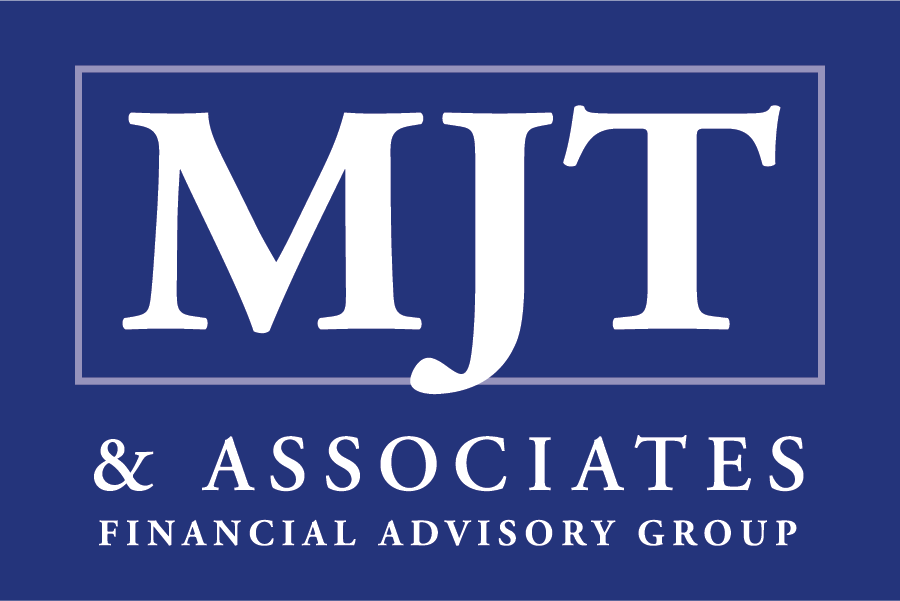Why It Matters Now
With inflation still making headlines and the Federal Reserve adjusting interest rates to stabilize the economy, understanding how these forces affect your finances is more important than ever. These macroeconomic trends can impact everything from your grocery bill to your mortgage rate—and the ripple effects are especially relevant for retirees, business owners, and those navigating post-divorce financial transitions.
How Inflation Erodes Buying Power
Inflation refers to the gradual increase in prices over time, which in turn reduces the purchasing power of your money. For retirees on a fixed income or anyone with long-term savings, this can pose a serious challenge.
One way to hedge against inflation is to review your portfolio regularly. Consider allocating a portion of your investments to assets that tend to perform well during inflationary periods, such as real estate or inflation-protected securities.
The Role of Interest Rates
Interest rates are the lever central banks use to cool down or stimulate the economy. When interest rates rise, borrowing becomes more expensive. This affects mortgages, credit cards, and business loans. However, higher rates can also benefit savers through improved yields on savings accounts and bonds.
Understanding how rate changes impact your financial picture can help you make timely decisions. For example, locking in a fixed-rate mortgage or refinancing debt before rates climb higher may be a wise move.
Adjusting Your Financial Strategy
Economic shifts require flexible financial planning. For business owners, that might mean revisiting cash flow projections or delaying major investments. For retirees, it may involve adjusting withdrawal strategies or updating inflation assumptions in your financial plan.
Stay Proactive
Staying informed about economic trends and their implications can give you a strategic advantage. Regular check-ins with your financial advisor can help you stay ahead of these shifts and protect your long-term financial health.











